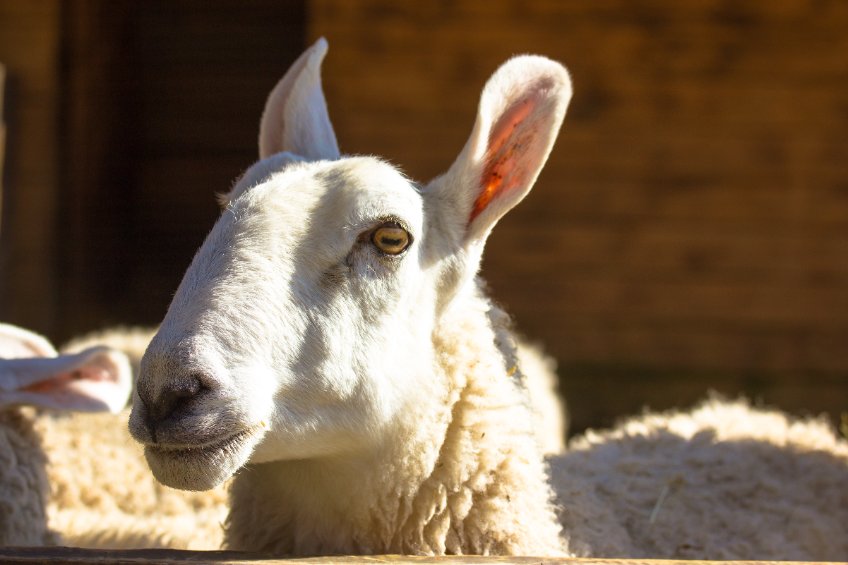Farmers with rare breeds told to register animals amid disease fears

Farmers and keepers with rare breeds of livestock have been told to register pedigree animals as it could be crucial to securing an exemption from culling in the event of a future disease outbreak.
For breeds with low population numbers or limited geographical dispersal, farmers must always be on their guard for the impacts of a possible notifiable animal disease outbreak, the Rare Breeds Survival Trust (RBST) said.
In a scenario where a cull is activated to control disease spread, the government will consider sparing the breeds listed on its 'at risk' list to preserve their genetic resource.
In such an instance, decisions to spare are made on a case-by-case basis but government will liaise with breed societies and require an up-to-date list of breeders with registered pedigree stock to be available.
The call by RBST follows suspicions of an outbreak of Foot and Mouth or Swine Vesicular Disease in Norfolk earlier this summer.
The Avian Influenza Prevention Zone, which remains in force across Great Britain, is another stark reminder.
RBST chief executive, Christopher Price said: “As well as following the recommended biosecurity advice, one of the most important actions for farmers and keepers with rare breeds of livestock and equines is to ensure that pedigree animals are officially registered.
"This will allow applications for rare breed animals to be spared in the event of a cull.”
The Animal and Plant Health Agency (APHA) recommends that owners send a completed animal breeds at risk registration form, which requires inclusion of details of breed society herd/flock numbers.
The RBST said that ensuring pedigree animals were registered was also fundamental to the work to ensure a future for the UK's rare breeds.
Mr Price added: "Registrations enable RBST and breed societies to determine an accurate picture for breed numbers and geographic distribution.
"This analysis informs our conservation programmes, UK Gene Bank decisions and categorisations on the RBST Watchlist.”
Registered animals are recorded in the relevant flock book, herd book or stud book, and some receive certificates.
Progeny of unregistered animals cannot be registered, so one missed registration can interrupt a bloodline that has survived for generations.
Many breeds allow online registration through the Grassroots system or the Cloudlines platform.
Paper applications can also be sent directly to the relevant breed society.








